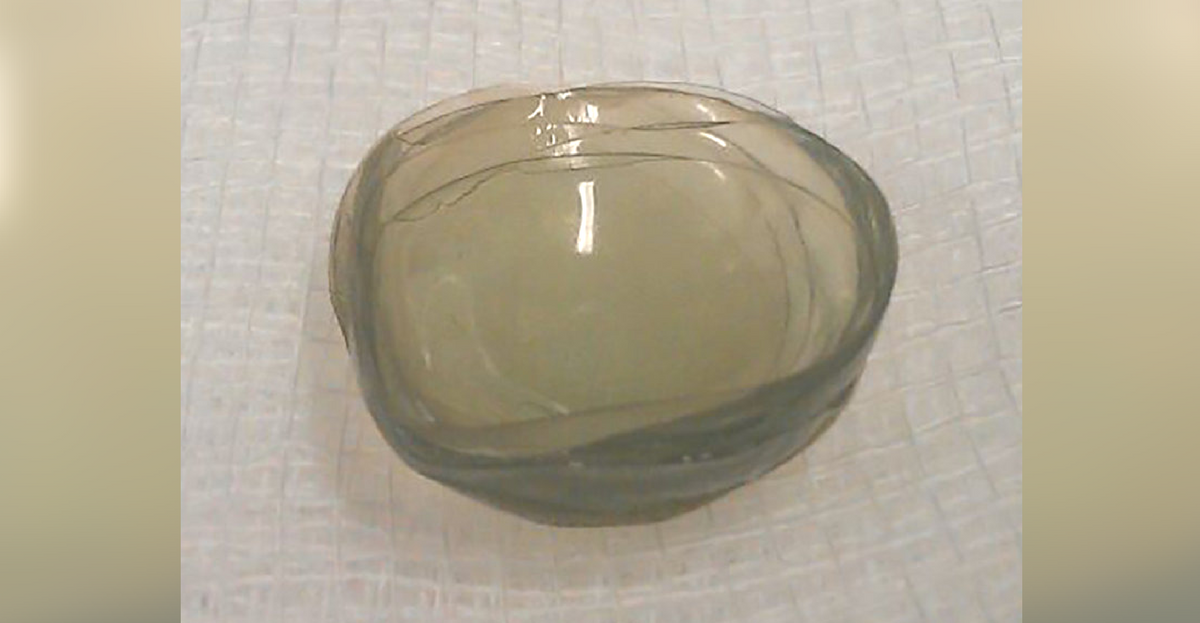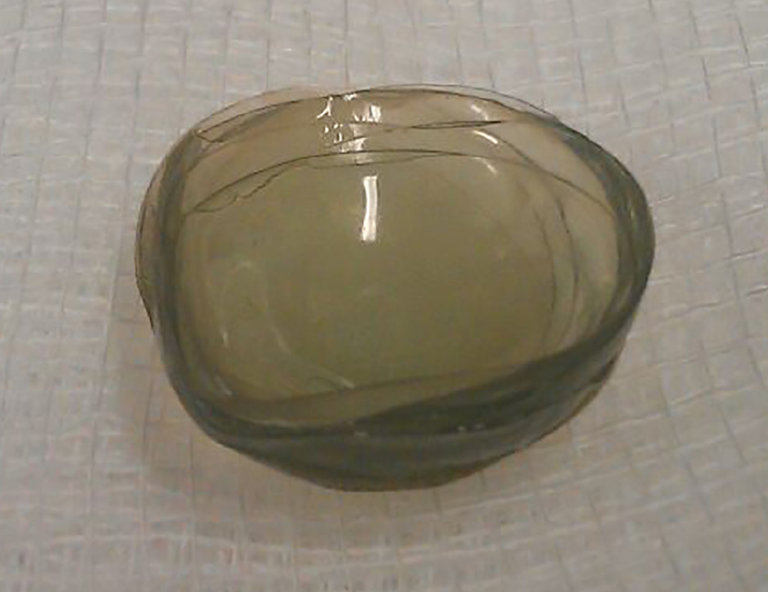No one is sure how she, or her eye doctors for that matter, could have missed the strange lump forming in her right eye.
For years, an unidentified 67-year-old woman living in the United Kingdom had felt a strange sensation in her right eye, but never thought to mention it to her optometrist. It wasn't until she was scheduled for a routine cataract surgery last November, that the source of her discomfort was discovered.
The woman told surgeons that she believed the pain was caused by dry eye and old age, but she couldn't have been more wrong...
Ophthalmologists discovered, to their disbelief, a hard, bluish mass of almost 30 contact lenses held together by mucus. The medical team first found a mass of 17 contact lenses, then further discovered another 10 after another examination.
"We were all shocked she had not noticed!" Dr. Rupal Morjaria, an ophthalmologist in Britain and one of the three authors of the report, said in an email to The New York Times.
Her cataracts surgery had to be postponed because of the serious inflammation in her eye.
"Because she had harboured these contact lenses in her eye for an unknown length of time, if we had operated she would have had a lot of bacteria around her conjunctiva," specialist trainee opthalmologist, Rupal Morjaria told Optometry Today.
Although they couldn't be sure for how long the missing contact lenses had been lodged in her eye, the patient had been wearing monthly disposables for the past 35 years.
"Contact lenses are used all the time," Morjaria said, "but if they are not appropriately monitored we see people with serious eye infections that can cause them to lose their sight."
The medical team decided to report on the surgery to raise public awareness.
"In this day and age, when it is so easy to purchase contact lenses online, people become lax about having regular check ups," she added.
According to the Centers for Disease Control and Prevention, 41 million people in the United States are contact lens wearers, but only a small percentage get serious eye infections.
[h/t The New York Times / Optometry Today / Yahoo News / The BMJ]




